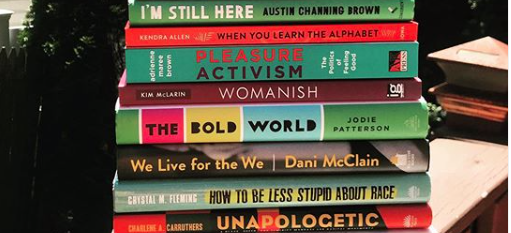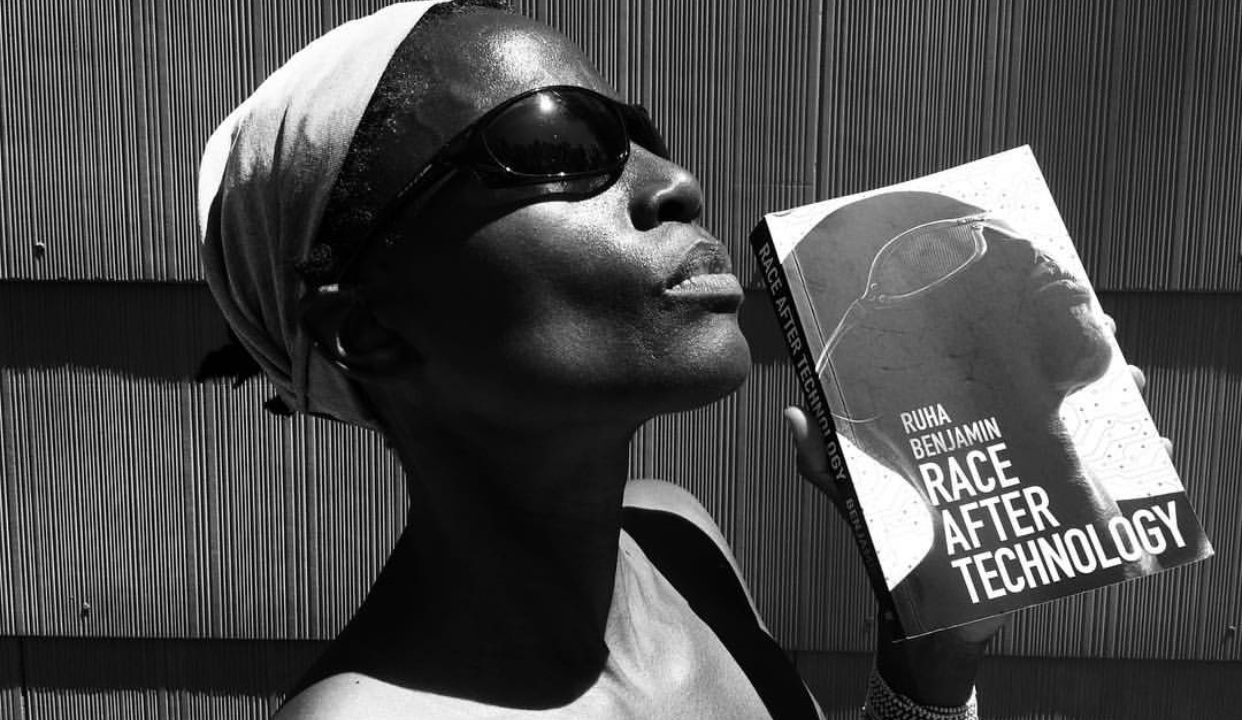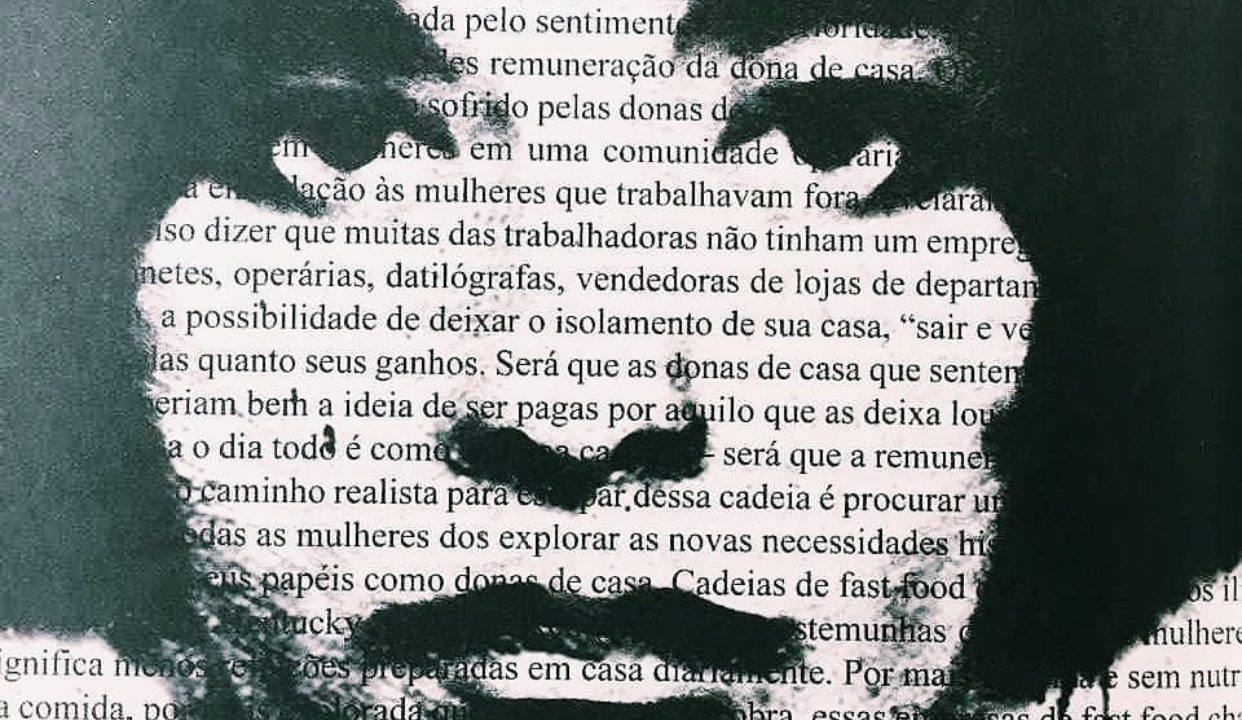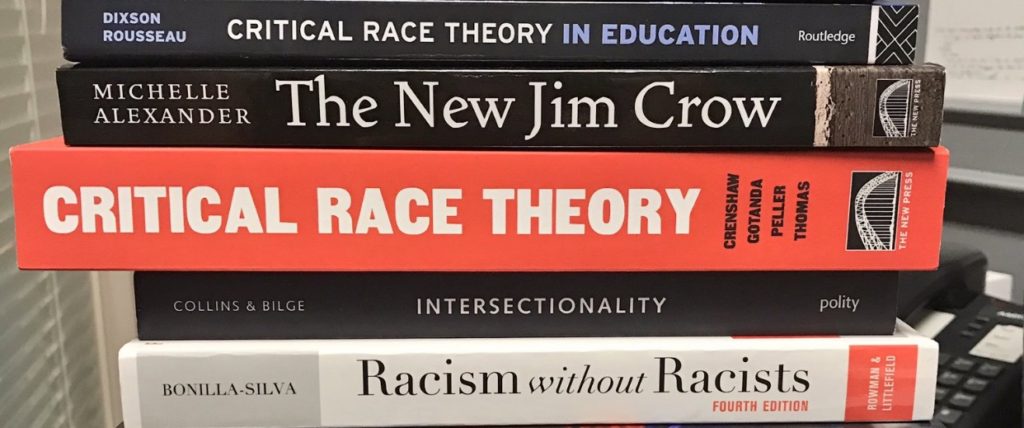Culture August 2, 2019
Books I've found from Black authors on Twitter for under $30.


To those not in the world of academia, the field may sound boring. Some Black scholars and authors are utilizing the field to take a different approach to African American studies, Black studies, and Black culture.
With social media being at the epicenter of everyday life, it’s not surprising to see just about everything on Twitter or Instagram. A lot of people brand and network through social media.
Many people don’t associate social media with academia, but these seven authors have used twitter to their advantage, and I just happened to find the gold mine.
Here are seven scholarly books that I discovered through twitter that are worth taking a look at:

Ruha Benjamin is an Associate Professor of African American Studies at Princeton University. She focuses primarily on race, technology, and racial science.
In “Race After Technology”, Benjamin addresses how technology could reinforce white supremacy while deepening social inequity. The book introduces the concept of the “New Jim Code“. Her book delves into how we code bias into technology. She expounds on the concept of technological discrimination.
Ruha has also posted on Twitter and Amazon that if someone uses the text for a class, she is willing to do a Skype-in session with the class. The sign-up link is here.
Andre Brock, otherwise known on twitter as @DocDre, is an Associate Professor of Black Digital Media at Georgia Tech. His scholarship covers racial representation in video games, while also working within the realm of digital technoculture. He also dabbles in the scholarship of Black Twitter.
“Distributed Blackness” places Blackness at the center of internet culture. The book looks at various platforms. From Black Twitter, to Instagram and Youtube, Brock takes a look at how media has to change its meanings and performances for Black identity.
“I wanted to bring light to the digital expertise that Black folk enact on a daily basis, based on our creative and critical experience in American culture.” Dr. Brock said on what he hopes people will gain from his book.
If you are interested in purchasing the book, you can buy it from nyupress.org and use the code POST19-FM for 30% off of your purchase!


Angela Y. Davis is known for being a part of the U.S. Communist Party, and later joining the Black Panther Party. She advocates for gender equity and prison reform. After an academic career teaching courses on the history of consciousness, she retired in 2008.
“Whoever challenged the racial hierarchy was marked a potential victim of the mob.” Said Angela Davis in Women, Race, & Culture.
Her book Women, Race, & Culture is a collection of speeches that address political and social changes within the last 10 years. It focuses on racial, sexual and economic inequality.
Charles E. Jones is basically one of the fathers of African-American Studies. He built the African American Studies undergraduate and masters programs at Georgia State University and is on the board of the National Council of Black Studies.
Dr. Reynaldo Anderson is an Associate Professor of Communications and Chair of the Humanities department at Harris-Stowe State University in Saint Louis Missouri. He is a scholar as well as the Director and co-founder of the Black Speculative Arts Movement.
The Black Speculative Arts Movement or BSAM is a group of intellectuals and artists that have interest in Afrofuturism and the Esoteric.
“Afrofuturism is now a Pan African phenomenon, contrary to other arguments that Afrofuturism tried to assert it was strictly an African American phenomenon.” Dr. Anderson said on what he hopes his audience gains from the book.
Afrofuturism 2.0 discusses the already existing themes and concepts of religion, architecture, communication, visual arts, philosophy and reflects on the field itself.
Jannette L. Dates focuses on images of African Americans in Media. She has a Ph.D. from the University of Maryland at College Park and M.Ed from John Hopkins University.
Dr. Moody-Ramirez is the Department Chair of Journalism and Public Relations and New Media at Baylor University. She researches historical stereotypes and how they are resurfacing in social media today, as well as how the media frames issues regarding women of color.
The book Blackface to Black Twitter takes a deeper look into how Black humor is mostly based off of Black societal issues or traumas. The book addresses the need to evoke deeper thinking on the issues that the humor is centered around.


Kimberle Crenshaw is a professor at UCLA and Columbia School of Law in New York. She is also the founding coordinator of the Critical Race Theory Workshop. She has worked on issues pertaining to gender and race including violence against women, structural racial inequality, and affirmative action.
Critical Race Theory has become a growing field of interest in African American studies. This book questions the old assumptions made by opposing political parties. It forms new paradigms for understanding racial injustice and intersectionality.
These seven Black authors are not only providing insight to niche areas, but are also expanding the genre of academia. School isn’t the only way to learn about Black culture. Take the initiative to learn more on your own.
You can never have too many Black authors in your library.